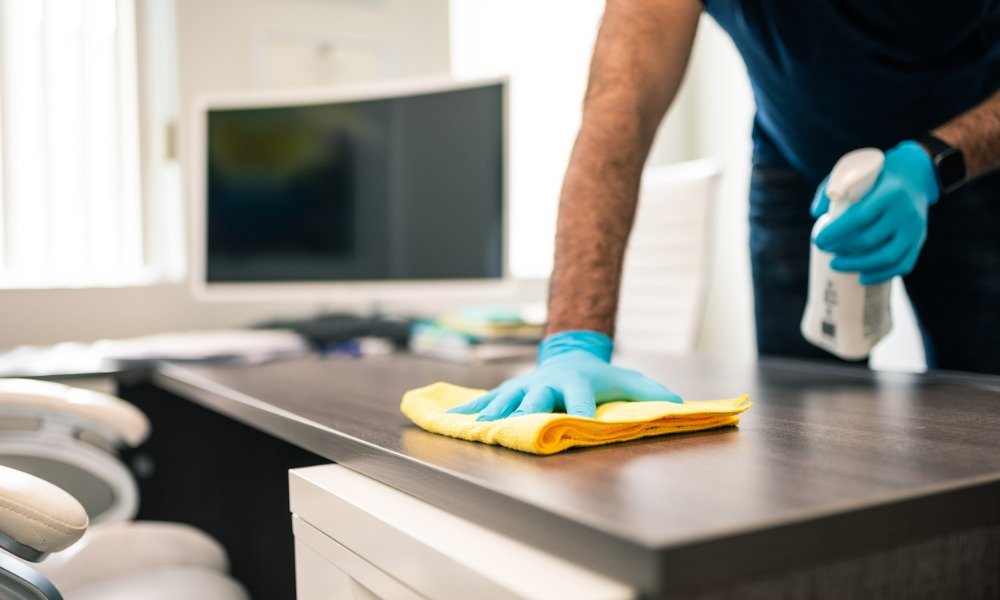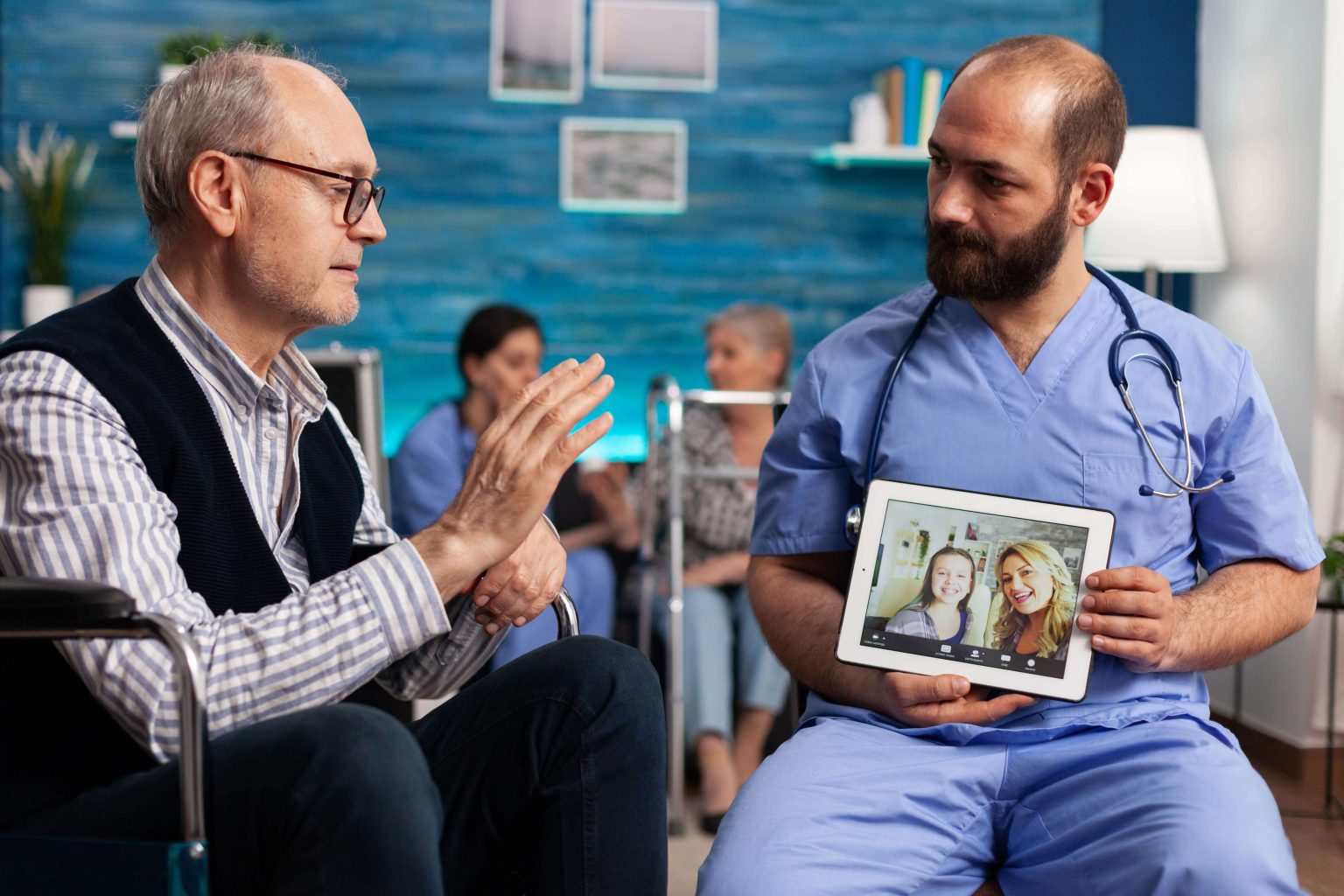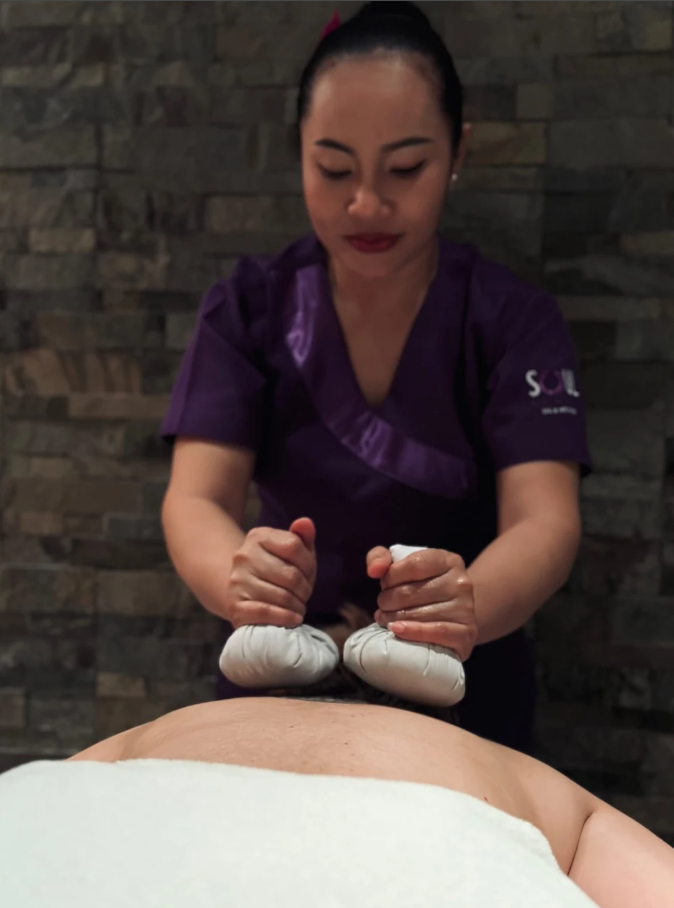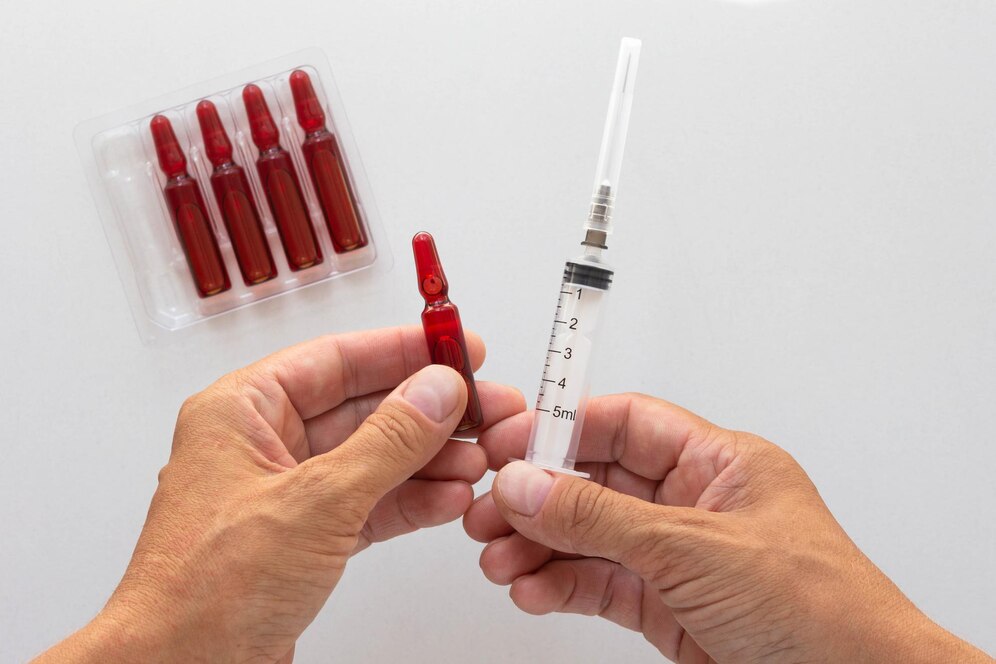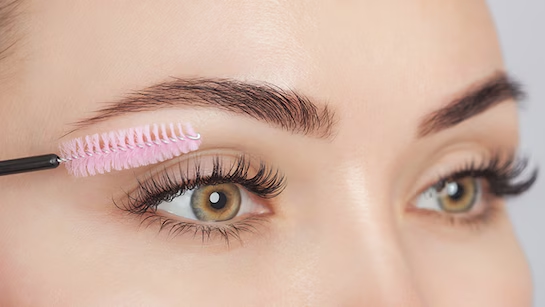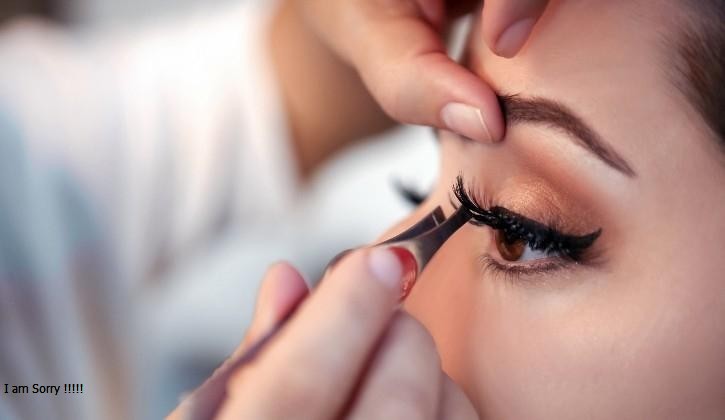The Importance of Hygiene for Office Workers
In today’s world, good hygiene is more important than ever—especially in office environments where people spend long hours in close contact with one another. Offices can be hotspots for germs and bacteria, leading to illnesses that can spread quickly among coworkers. Practicing proper hygiene in the workplace not only helps prevent sickness but also creates a healthier, more productive work environment.
In this article, we’ll explore why hygiene matters for office workers, the benefits of maintaining good hygiene, and simple habits that everyone can follow to stay clean and safe at work.
Why Office Hygiene Matters
Offices are shared spaces. People work together in cubicles, meeting rooms, and break areas. They touch the same doorknobs, keyboards, phones, printers, and kitchen appliances. Germs can easily pass from one person to another through these shared surfaces.
When hygiene is ignored in the office, it can lead to:
- Frequent sick days
- Low productivity
- Poor employee morale
- Spread of viruses like colds, flu, and COVID-19
That’s why maintaining hygiene at both the personal and workplace level is crucial for everyone’s well-being.
Common Germ Hotspots in the Office
It may surprise you to learn that some of the dirtiest places in an office aren’t the bathrooms—they’re your desk and electronics. According to studies, keyboards and phones can carry more bacteria than a toilet seat!
High-risk areas include:
- Keyboards and computer mice
- Phones and headsets
- Desk surfaces
- Elevator buttons
- Door handles
- Shared kitchen appliances like microwaves and coffee machines
- Water coolers
- Bathrooms and breakrooms
Being aware of these hotspots helps you focus your hygiene efforts where they’re needed most.
Benefits of Good Hygiene for Office Workers
Practicing good hygiene has a wide range of benefits for individuals and the entire office team. Here are some of the most important ones:
1. Fewer Sick Days
When hygiene is a priority, the risk of spreading germs is reduced. This leads to fewer illnesses, which means fewer people calling in sick and more consistent work performance.
2. Better Health and Well-being
Staying clean helps prevent skin infections, respiratory illnesses, and other common office-related health issues. Clean surroundings also reduce allergies caused by dust or mold.
3. Improved Productivity
Healthy workers are more focused, energetic, and productive. When you’re not distracted by illness or discomfort, you can give your best at work.
4. Positive Company Image
An office that prioritizes cleanliness shows professionalism and care for employees and clients. It reflects a strong, responsible company culture.
5. Higher Employee Morale
Clean, organized spaces help reduce stress and improve mood. People feel more comfortable and motivated in a tidy, hygienic environment.
Personal Hygiene Tips for Office Workers
Everyone in the office plays a role in keeping the space clean and safe. Here are some easy personal hygiene habits you can follow every day:
1. Wash Your Hands Frequently
Handwashing is the most effective way to prevent the spread of germs.
When to wash your hands:
- After using the bathroom
- Before and after eating
- After coughing or sneezing
- After touching shared surfaces
How to wash: Use soap and water for at least 20 seconds. If soap and water aren’t available, use hand sanitizer with at least 60% alcohol.
2. Keep Your Workstation Clean
Your desk and electronics can collect dust, crumbs, and germs.
Tips for a clean workspace:
- Wipe down your keyboard, mouse, and phone daily with disinfectant wipes
- Don’t eat directly over your keyboard
- Throw away trash promptly
- Organize papers and supplies to avoid clutter
3. Practice Good Respiratory Hygiene
Cover your mouth and nose with a tissue or your elbow when you sneeze or cough. Dispose of tissues immediately and wash your hands afterward.
If you feel sick, stay home or ask for permission to work remotely if possible. It’s better to recover fully than to risk infecting others.
4. Maintain Personal Cleanliness
Your appearance and personal habits matter in a professional setting.
Basic tips include:
- Shower daily and use deodorant
- Brush your teeth before work
- Wear clean clothes
- Keep hair tidy and nails trimmed
These habits not only keep you clean but also help you feel confident and respected in the workplace.
5. Avoid Touching Your Face
Your hands come into contact with many surfaces. Touching your face (especially eyes, nose, or mouth) can transfer germs into your body. Try to break this habit and wash your hands often.
Office Hygiene Practices for Teams and Managers
While individual habits are important, employers and team leaders should also take steps to ensure the office is a clean and healthy place.
1. Provide Cleaning Supplies
Make sure employees have access to:
- Hand sanitizer stations
- Disinfectant wipes
- Soap and paper towels in restrooms
- Tissues and trash bins
Having supplies readily available encourages everyone to use them.
2. Encourage Sick Employees to Stay Home
Create a workplace culture where employees don’t feel pressured to come in while sick. Offer flexible sick leave or remote work options when needed.
3. Schedule Regular Cleaning
Hire professional cleaners or assign staff to clean shared spaces regularly. Bathrooms, kitchens, and meeting rooms should be cleaned and disinfected daily.
4. Organize Hygiene Training
Hold workshops or send out reminders on hygiene practices. Short emails, posters, or training videos can help keep everyone informed and aware.
5. Improve Office Layout
If possible, rearrange desks to allow space between workers, especially during cold and flu season. Provide proper ventilation and air purifiers to reduce indoor pollutants.
Food and Kitchen Hygiene in the Office
The office kitchen is a shared space where foodborne illnesses can easily spread if hygiene is ignored.
Kitchen Hygiene Tips:
- Wash your hands before preparing or eating food
- Clean up spills and crumbs immediately
- Don’t leave dirty dishes in the sink
- Label and date food in the fridge
- Throw out expired or spoiled food
- Avoid sharing utensils or cups
A clean kitchen promotes better health and shows respect for coworkers.
Digital Hygiene: Don’t Forget Your Devices
With so much work done digitally, don’t forget to practice “digital hygiene” by keeping your gadgets clean and secure.
Tips:
- Clean your keyboard, mouse, and phone daily
- Don’t eat while using your laptop
- Avoid lending your phone or computer to others
- Sanitize screens regularly, especially touchscreens
Your digital tools are an extension of your workspace and need regular care too.
Final Thoughts
Good hygiene at the office is more than just a personal habit—it’s a team effort. By staying clean, respectful, and aware of shared spaces, you can help create a healthier, happier workplace for everyone.
Whether it’s washing your hands, wiping your desk, or covering your cough, every small step counts. When everyone contributes to a hygienic environment, the office becomes a better place to work, grow, and succeed.
Let’s all do our part to make hygiene a priority at work—because a clean office is a productive office! For more in-depth resources on self-care, mindfulness, and personal growth, visit venzec.icu. Their comprehensive guides provide valuable strategies to help you live a healthier and more fulfilling life.
